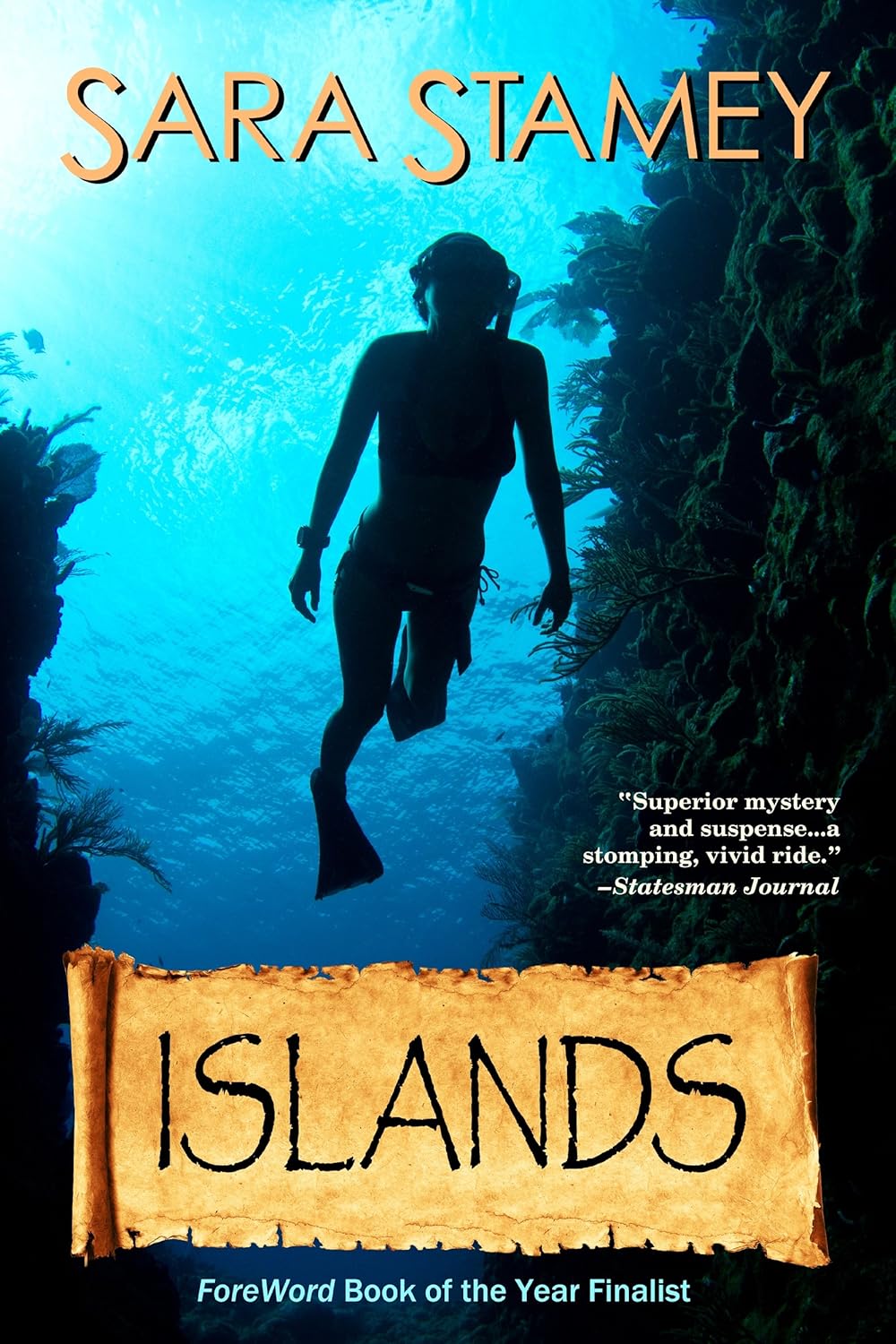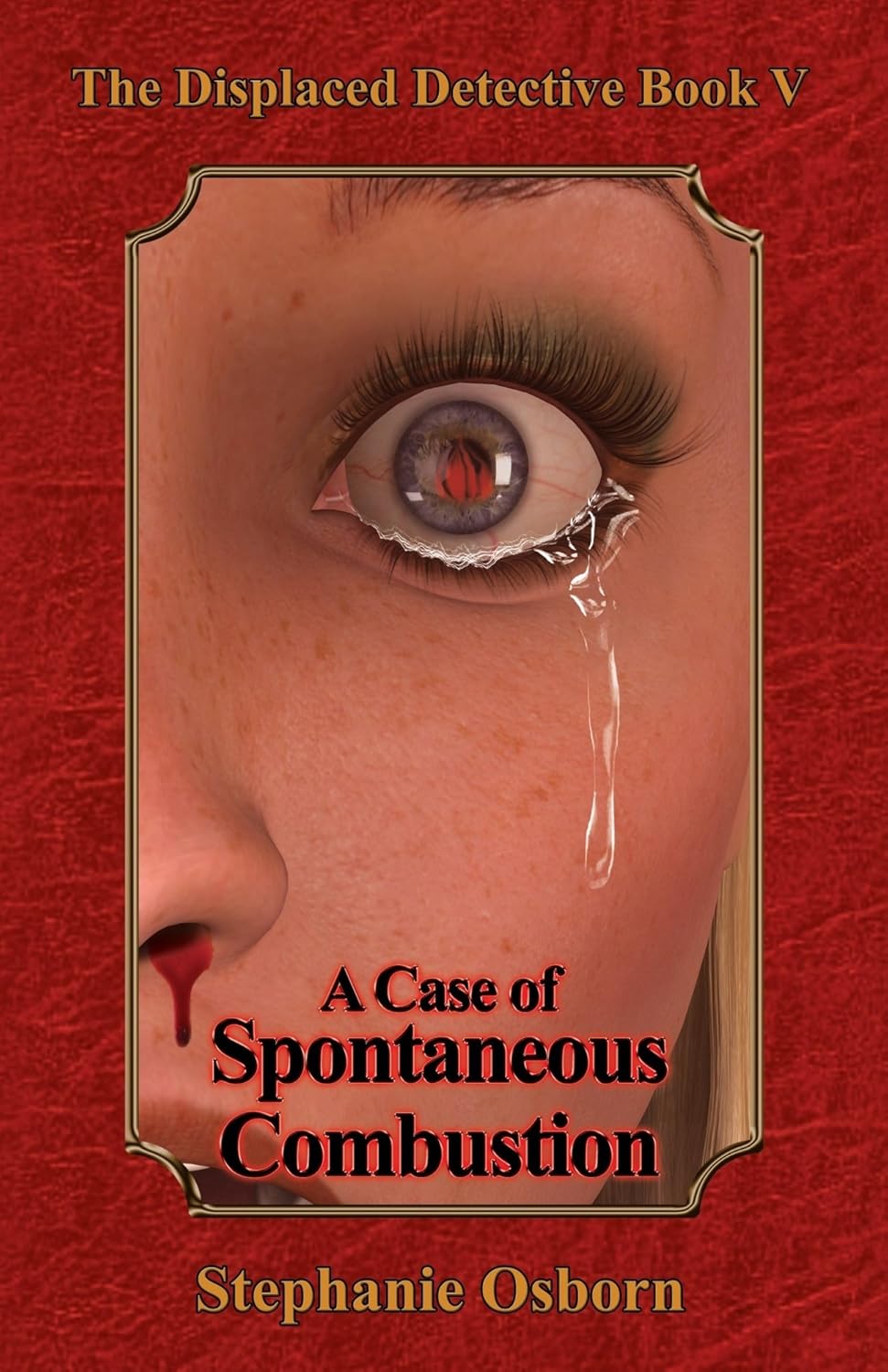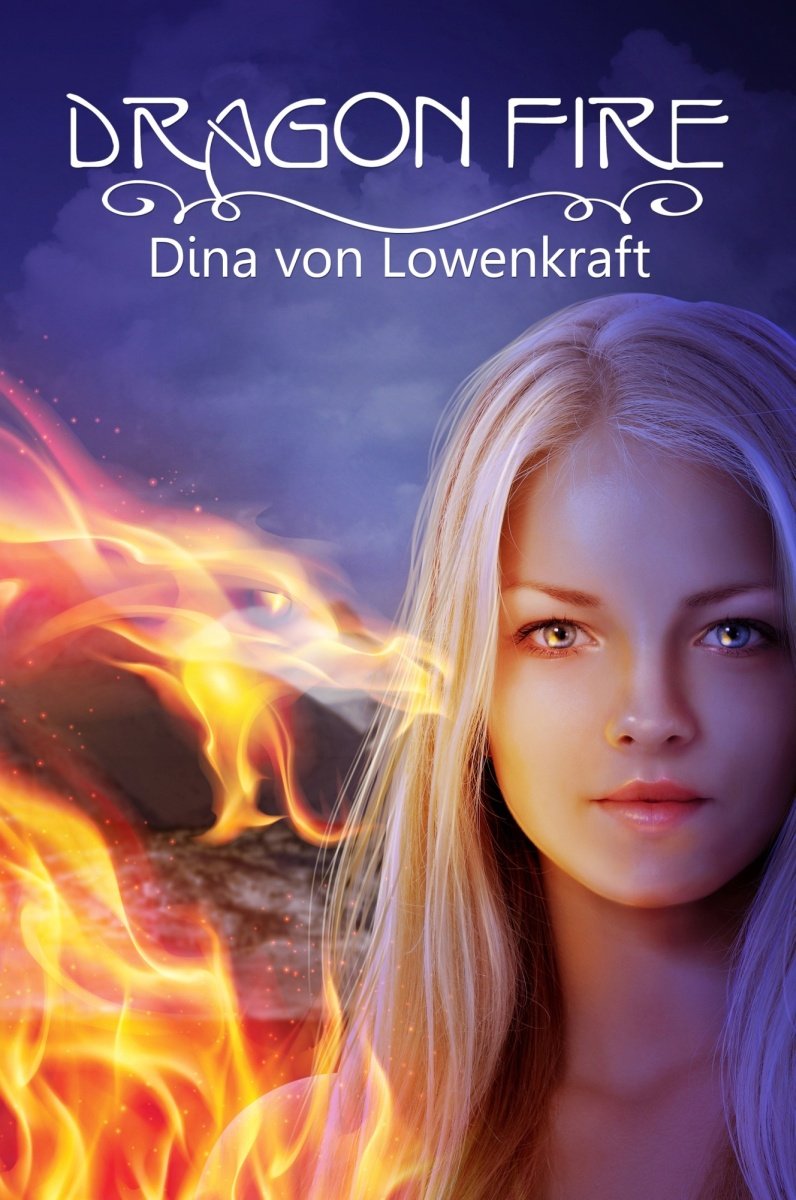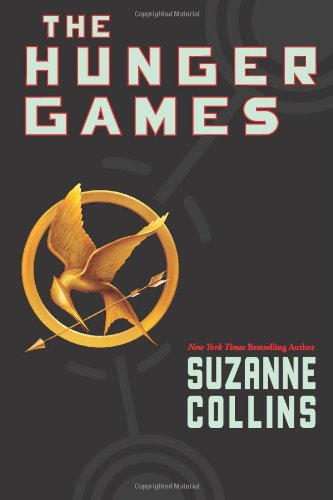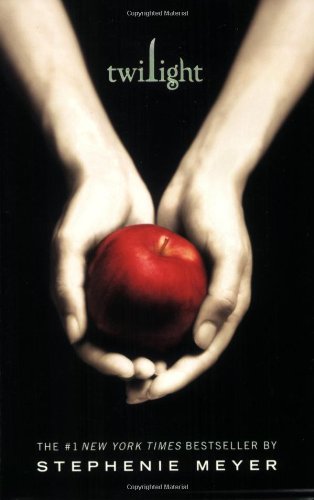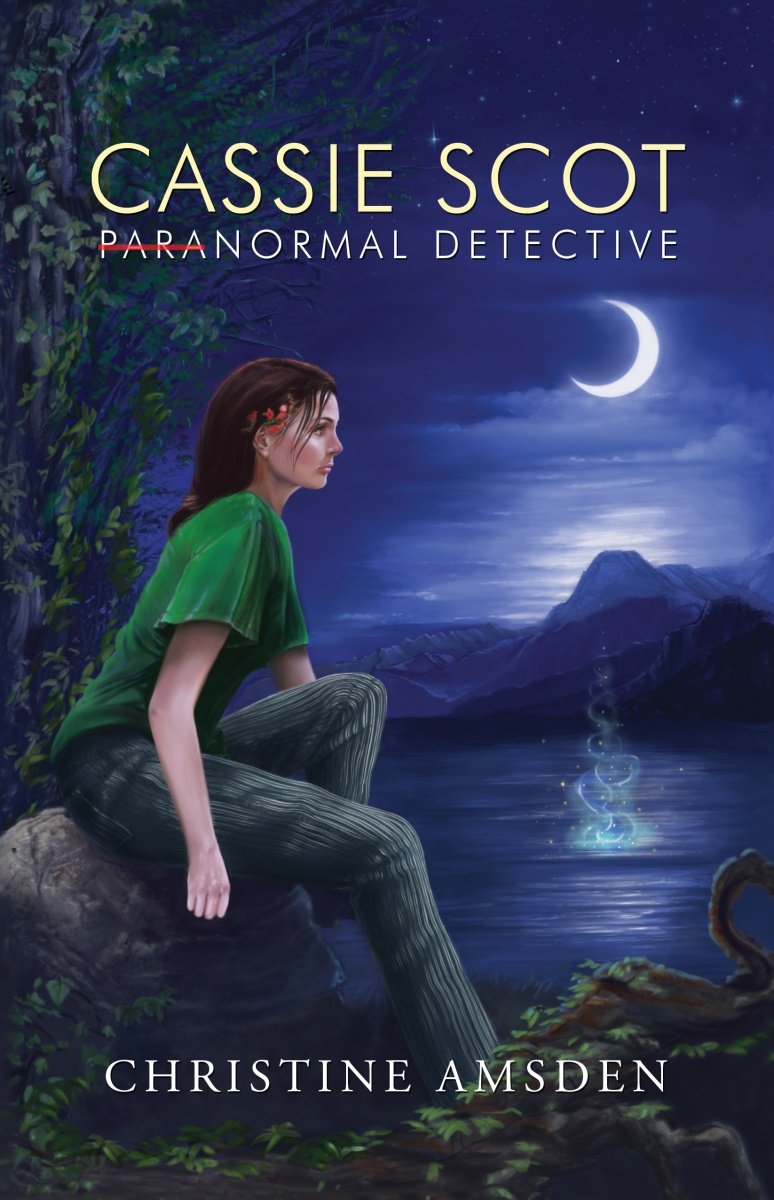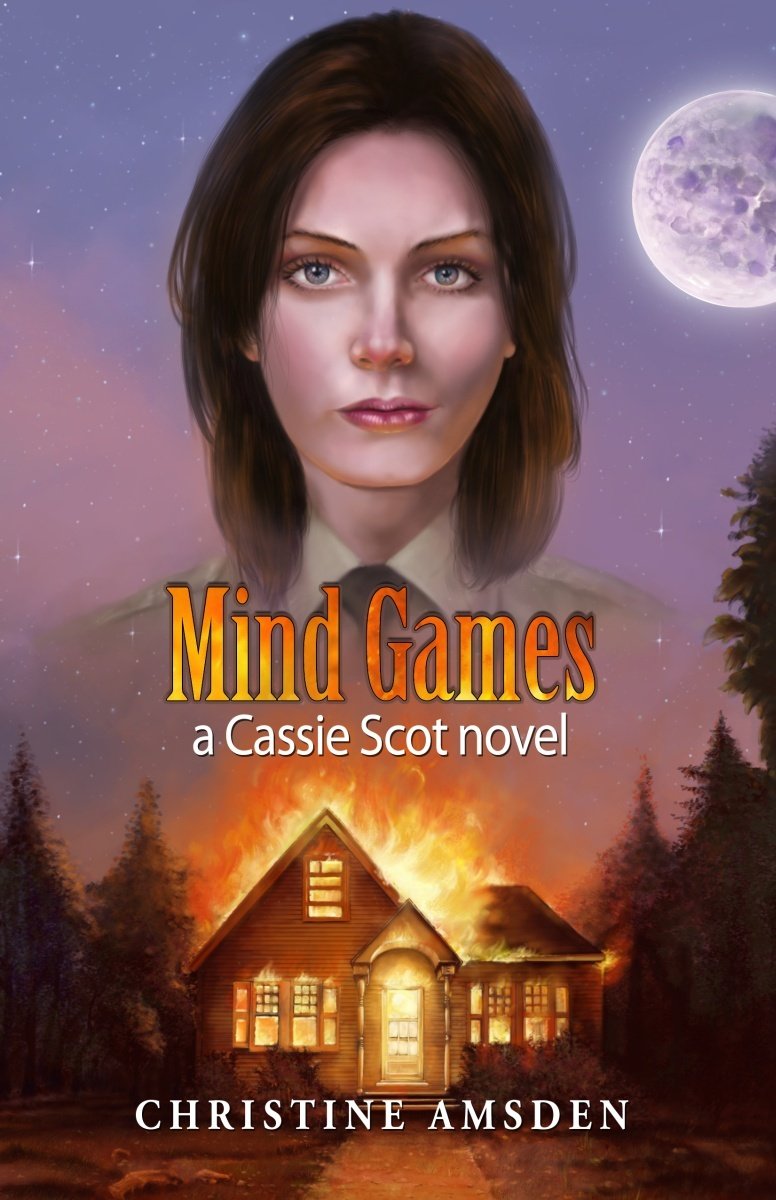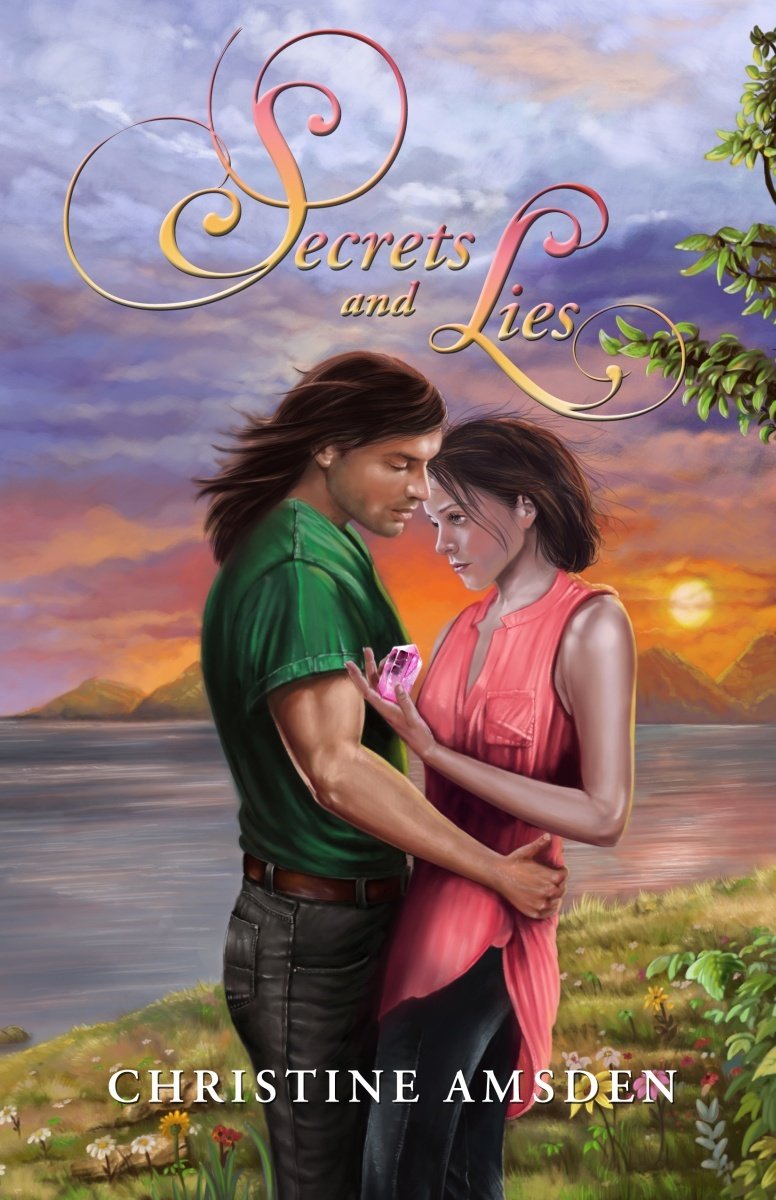http://www.stephanie-osborn.com
Starting today, and for the next two weeks, I'd like to welcome indie best-selling author Christopher Nuttall to Comet Tales! He sent me some wonderful stuff, enough for two whole blogs, and so I decided not to overwhelm my readers by cramming it all into one. Part One goes live this week, and Part Two, next week.
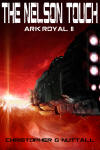 Chris is a very successful writer of indie (aka "self-published") books in the science fiction and fantasy genres. He has also written for Twilight Times Books, where I believe a book is shortly forthcoming, and Elsewhen Press. Born in Edinburgh, Scotland, he now resides in Malaysia, so contacting him is occasionally interesting!
Chris is a very successful writer of indie (aka "self-published") books in the science fiction and fantasy genres. He has also written for Twilight Times Books, where I believe a book is shortly forthcoming, and Elsewhen Press. Born in Edinburgh, Scotland, he now resides in Malaysia, so contacting him is occasionally interesting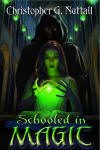 toward sex and marriage, which were not necessarily considered interchangeable "back in the day." This includes consideration of modern taboos and references (but not obvious descriptions) to dominant positions during sex. It is extremely enlightening, and you will learn something. But if said frankness causes offense, then this particular article is probably not for you. My younger fans may want to skip over it also, as this is probably PG-13 or slightly above. --S.O.]
toward sex and marriage, which were not necessarily considered interchangeable "back in the day." This includes consideration of modern taboos and references (but not obvious descriptions) to dominant positions during sex. It is extremely enlightening, and you will learn something. But if said frankness causes offense, then this particular article is probably not for you. My younger fans may want to skip over it also, as this is probably PG-13 or slightly above. --S.O.]Welcome, Chris!
~~~
Chris:
Thoughts
on a Regency Romance
The past is a foreign country, as the old
saying goes. They do things differently
there.
I mean it.
It always surprises me how many people look at the past and ask, quite
reasonably, why modern values weren't considered by the denizens of the
past? Why couldn't Queen Elizabeth marry
when her father had six wives? Didn’t
she need to have an heir? But if Elizabeth
had married, she would have conceded a great deal of power to her husband, as
both Mary Tudor and Mary Queen of Scots found out to their cost.
To us, this seems absurd. We live in a world where a woman has held the
highest elective position in Britain and Germany, while another woman made a
determined run for the White House. A
married woman in the West doesn't have to give up her name, share her property or accept her husband’s every wish as a
command. But that wasn't true, even for
noblewomen and princesses. To marry was
to concede independence.
Indeed, the very idea of marrying for love
would have seemed strange to our ancestors.
How selfish, they would say, for someone to marry for love!
They would have condemned emotion as a driving force, insisted that
their children marry someone suitable for them, someone who could bring much to the family. Who would want to marry a pauper, no matter
how handsome, brave and kind, when there was a chance to marry the rich town
miser, even if he was a jerk?
I first came across this when I read Romeo and Juliet at school. My first thoughts, upon concluding the play,
was that both Romero and Juliet were idiots.
Why didn't they just run off together or simply tell their parents that
they were married? But, if you look at
the play through the attitudes of the time, that simply wasn't an option. Juliet was semi-betrothed to Paris, her
parents had certainly not consented to her marriage to Romeo ... and, in making
love to Romeo, Juliet had defiled herself forever. It would be quite easy for Juliet’s father to
assume that Romeo had set out to damage his family (and succeeded
magnificently) or that Juliet had shattered her family’s honour. Of such viewpoints are honour killings made.
It actually grows worse when you realise
that, in the original play, Romeo and Juliet would have been thirteen.
But this too wasn't uncommon. Our time points to a certain age as the
division between childhood and adulthood.
Their time decreed that a girl was marriageable as soon as she started
her periods, when she was capable of bearing children. Our time would see this as paedophilia, all
the worse because the girls were not required to give their consent. For an author, depicting this can be one hell
of a challenge.
This is not the only disconnect between our
world and the attitudes of the past. The
Greeks had an open and semi-tolerant attitude to homosexuality. The Romans, on the other hand, only
considered homosexuality acceptable if the Roman Citizen was doing the
penetrating, rather than being penetrated.
(The suggestion that he had been deflowered by a foreign king haunted Julius
Caesar for his entire life.) Later
generations raged against homosexuality, while accepting childhood marriages
and relationships we would probably consider incest. Even today, sex and relationships can take
very different forms around the world.
And now I come to talk about one of my
characters and her first true romance...
~~~
To Be Continued next week!
-Stephanie Osborn
http://www.stephanie-osborn.com







